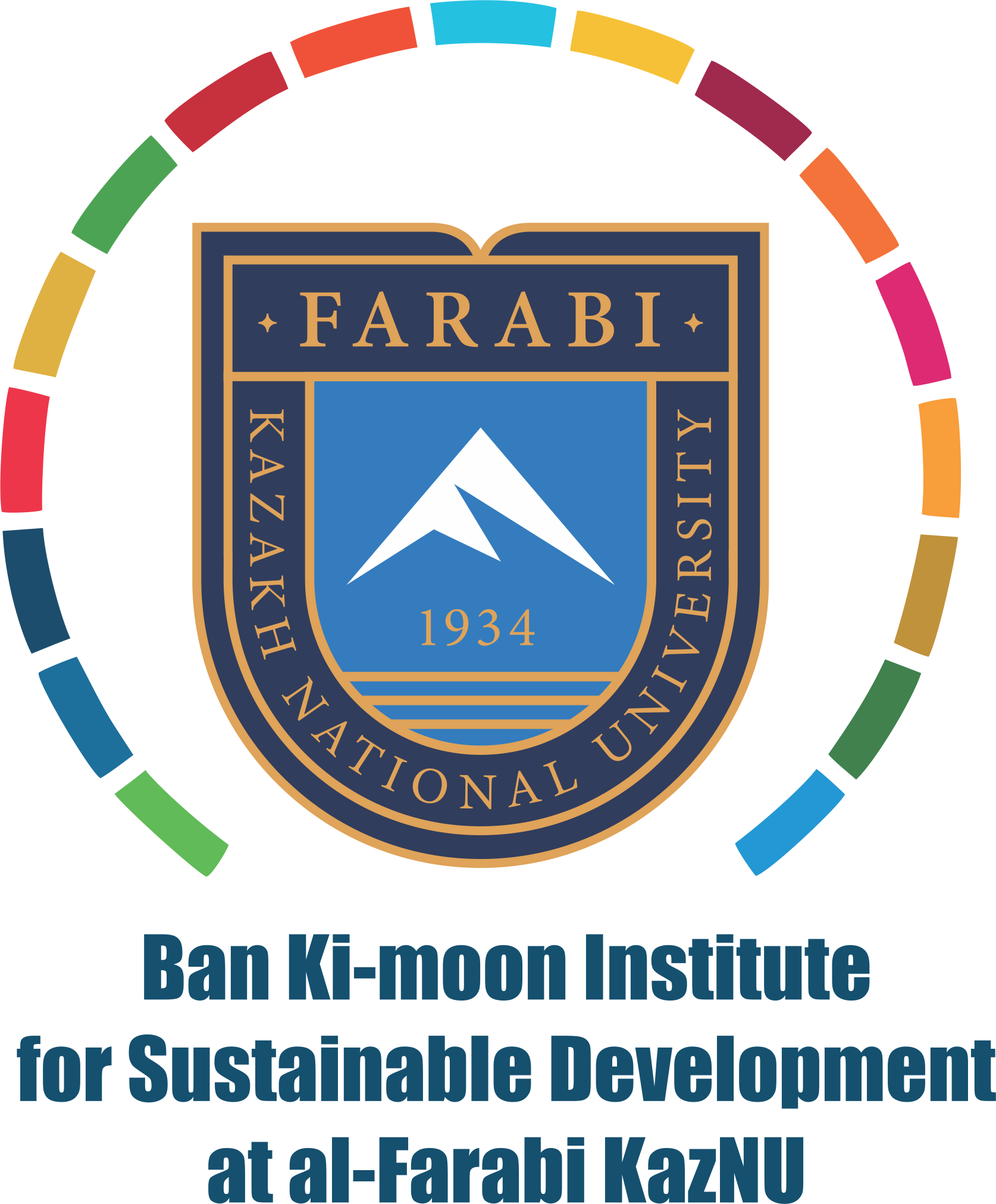Sustainable Development Goals
SDGs, or Sustainable Development Goals, are a set of 17 interconnected objectives adopted by all United Nations Member States in 2015 as part of the 2030 Agenda for Sustainable Development. These goals encompass various social, economic, and environmental aspects, aiming to eradicate poverty, promote prosperity, protect the planet, and ensure peace and prosperity for all.

Completing projects aligned with SDGs is crucial for several reasons. Firstly, they serve as a roadmap for addressing global challenges, providing a clear framework for action at the local, national, and international levels. By focusing efforts on achieving these goals, we can mobilize resources, coordinate actions, and measure progress effectively.
Secondly, SDG-aligned projects contribute to sustainable development by fostering economic growth, social inclusion, and environmental sustainability. They promote innovative solutions, empower communities, and create opportunities for collaboration and partnership across sectors and stakeholders.
Moreover, completing projects on achieving SDGs helps build resilience and adaptability in the face of emerging challenges, such as climate change, pandemics, and inequalities. By integrating sustainability principles into project design and implementation, we can mitigate risks, enhance preparedness, and ensure a more equitable and prosperous future for all.
In summary, completing projects aligned with SDGs is not only essential for addressing pressing global issues but also for fostering sustainable development, resilience, and prosperity for current and future generations. It represents a collective effort to build a better world that leaves no one behind.
